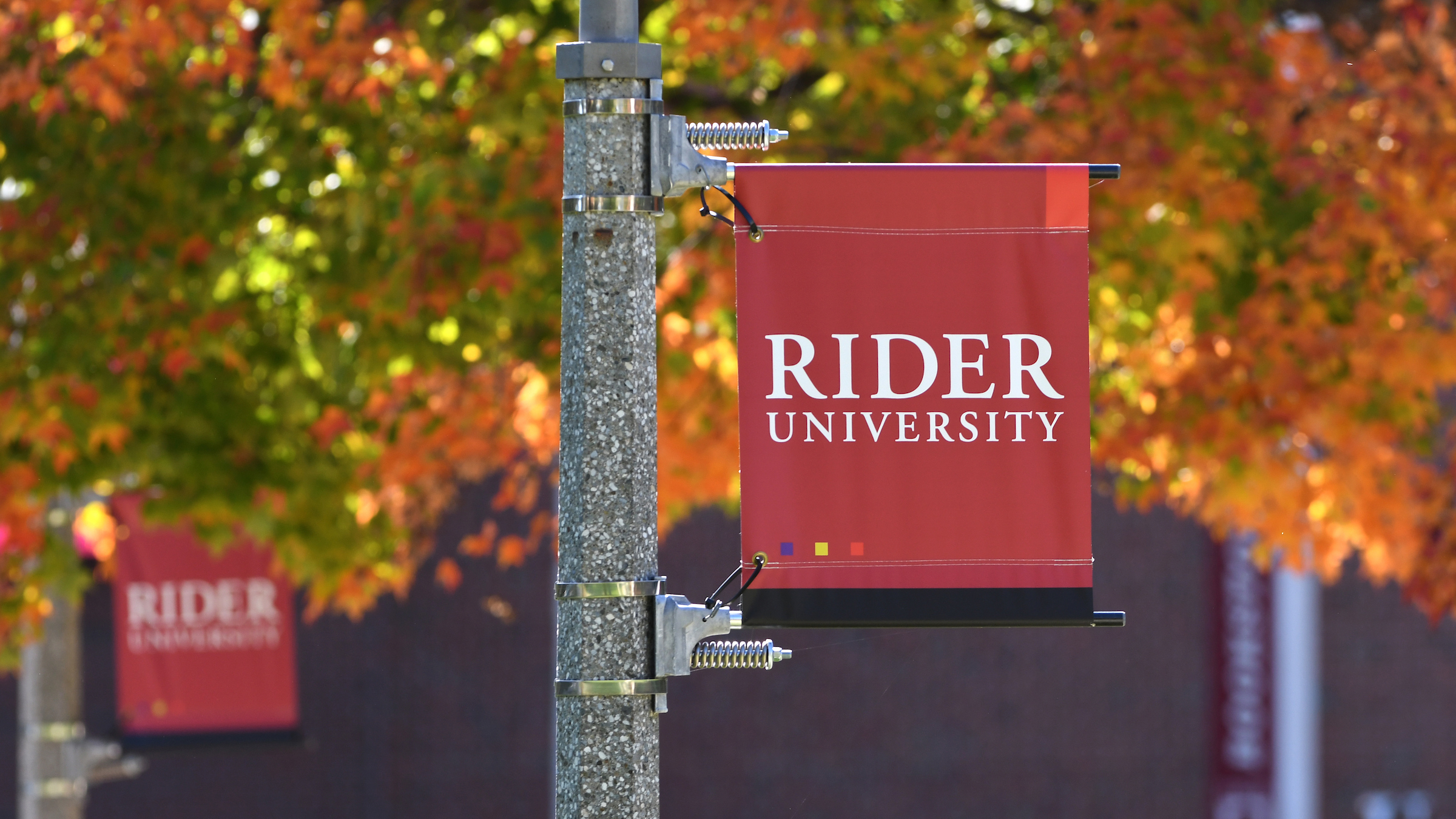Monday, Nov 16, 2020
Princeton Review includes University in Guide to Green Colleges for 11th straight year
by Ethan Duer
Rider University is once again of the nation’s most environmentally responsible colleges, according to The Princeton Review. The University was included in its 2021 Guide to Green Colleges, marking the 11th consecutive year Rider has been recognized for its sustainability and environmentally conscious efforts.
“We are very proud to make sustainability a vital aspect of our community and appreciate the recognition that extends from those efforts,” says Melissa Greenberg, Rider’s director of sustainability. “We constantly strive to be a leader in higher education for sustainability.”
Since its establishment in 2008, Rider’s Office of Sustainability has spearheaded many campus-wide initiatives and achieved a number of important milestones. Most recently, Rider was recognized by New Jersey’s Department of Environmental Protection for its electric vehicle charging (EV) stations. The University now has 10 EV chargers on campus, which faculty, staff and students are able to use free of charge.
Other successful sustainability initiatives include Rider reaching the quarter mark on its pledge to become carbon neutral by 2050; the creation of an on-campus power plant called Tri-gen, which generates about a quarter of all electricity used on campus and a 740-kilowatt solar array outside the fence of Herb and Joan Young Field.
“We strongly recommend Rider University to students who want to study and live at a green college,” says Rob Franek, The Princeton Review’s editor-in-chief.
Franek also indicates that college applicants and their parents are highly interested in colleges’ green practices, programs and offerings. Among the 12,845 teens and parents surveyed by The Princeton Review, 66% indicated that having information about a college’s commitment to the environment would affect their decision to apply to or attend a school.
Rider is one of 416 colleges selected by The Princeton Review based on a survey of administrators at 695 colleges in 2019-20 concerning their institutions' sustainability-related policies, practices, and programs. Survey topics ranged from academic offerings and campus initiatives to career preparation for green jobs.
Rider recently completed an energy master plan that establishes the vision for the strategic consumption and reduction of campus energy, sets guidelines for new construction and makes recommendations for improving existing infrastructure.
In addition to leading large-scale sustainability initiatives, Rider’s Office of Sustainability also hosts events to inform and educate the University community about environmental issues, such as its annual Green Film Series, National Campus Sustainability Day and other on-campus events.

